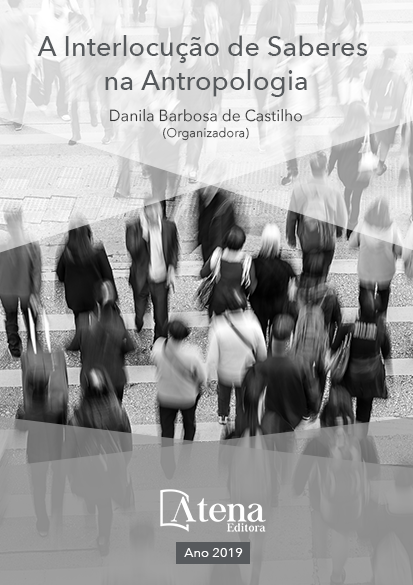
OS “POVOS RIBEIRINHOS” E A RESERVA EXTRATIVISTA NO RIO MAPUA NO ARQUIPÉLAGO DE MARAJÓ, BRASIL
O texto tem por finalidade fazer uma
breve discussão sobre a Reserva Extrativista no
rio Mapuá (RESEX/Mapuá), criada em 2005, e o
uso do território tradicionalmente ocupado pelos
ribeirinhos, grupo social, dessa região, lócus de
minha pesquisa de doutorado. Para tanto, parto
das seguintes indagações: Por que uma reserva
extrativista no rio Mapuá? Como se dá o uso
e a apropriação do território tradicionalmente
ocupado pelos ribeirinhos na área dessa
reserva? Que limites, conflitos e desafios
podem ser identificados nesse processo? Para
responder tais indagações estruturei este texto
com base em fontes documentais e trechos de
entrevistas semiestruturadas realizadas com
ribeirinhos que vivem e trabalham na área da
RESEX-Mapuá. Recorro ainda a conversas
informais com diferentes moradores, anotadas
no diário de campo. As discussões dos dados
empíricos ancoradas em pressupostos da
teoria antropológica territorial possibilitaram-me
interpretar esta Unidade de Conservação, tanto
como estratégia de controle do Estado quanto
instrumento político que os agentes tradicionais
podem se apropriar para garantir o direito de
permanecer no território que tradicional ocupam.
OS “POVOS RIBEIRINHOS” E A RESERVA EXTRATIVISTA NO RIO MAPUA NO ARQUIPÉLAGO DE MARAJÓ, BRASIL
-
DOI: 10.22533/at.ed.4521917015
-
Palavras-chave: Ribeirinhos. Reserva Extrativista. Território tradicionalmente ocupado. Marajó.
-
Keywords: Riparian. Extractive reserve. Traditionally occupied territory. Marajó.
-
Abstract:
The purpose of the text is to
make a succinct discussion about the Extractive
Reserve in the Mapuá River (RESEX/Mapuá),
created in 2005, and the use of the territory
traditionally occupied by the riverside people,
a social group, of this region, the locus of
my doctoral research. For this, I elaborate
the following questions: Why an extractive
reserve in the Mapuá river? How is the use
and appropriation of the territory traditionally
occupied by the riparians in the area of this
reserve? What limits, conflicts, and challenges
can be identified in this process? To answer the
questions presented, I structured this text based
on documentary sources and excerpts from
semi-structured interviews with riverine people
living and working in the RESEX-Mapuá area. I
also look for informal conversations with different
residents, duly registered in the field diary. The
discussions of the empirical data anchored
in assumptions of territorial anthropological
theory made possible the interpretation of
this Conservation Unit, both as a state control
strategy and as a political instrument that the
traditional agents can appropriate to guarantee
the right to remain in the traditional territory they
occupy.
-
Número de páginas: 15
- Eliane Miranda Costa


